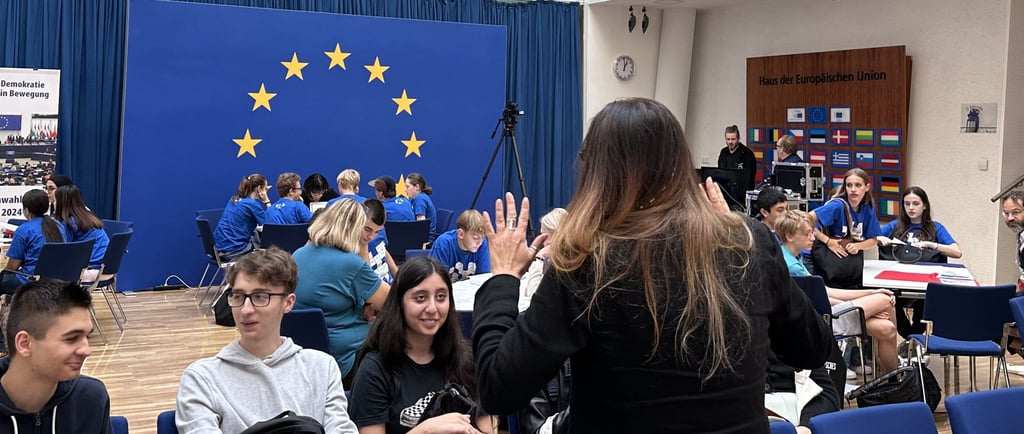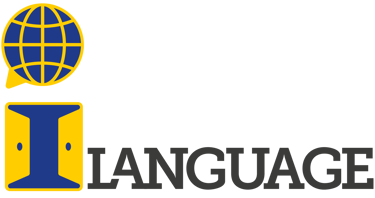A Celebration of Diversity and the Role of Inherent Language (iLanguage)
The Importance of Multilingualism for a Common European Identity The European Day of Languages , celebrated every year on 26 September , is a tribute to the linguistic and cultural diversity in Europe. With over 200 European languages, more than 60 regional and minority languages, as well as the languages of migrants from all over the world, Europe is a true melting pot of languages. This diversity not only contributes to the continent's cultural identity, but also promotes exchange and mutual understanding between people.
iLanguage Team
9/13/20242 min read


The Significance of the European Day of Languages
The European Day of Languages was launched by the Council of Europe in 2001 and aims to raise awareness of the importance of learning languages. Languages open doors to new cultures, create professional opportunities and promote intercultural dialogue. Europe's language policy sets the goal that every European citizen should learn at least two languages in addition to their mother tongue. This initiative is intended to strengthen mutual understanding between countries and promote a European identity.
The role of iLanguage on the European Day of Languages
Amidst these celebrations, the innovative approach of inherent language , or iLanguage, is playing an increasingly important role. While the European Day of Languages traditionally focuses on learning new languages, iLanguage highlights a shift in the way we perceive these languages. Rather than viewing a language as something foreign and unknown, the iLanguage approach promotes the idea that any language learned can become a part of one's identity.
What does that mean exactly? Many people experience barriers when learning a new language, especially if they feel that the language does not "belong to them". This emotional distance can make learning more difficult and reduce motivation. The term "foreign language" itself contributes to this feeling, because it implies that the language remains something external and foreign. In the German language, terms such as "fremd" or "ausländische" reinforce this distance even further by being associated with negative things - the unknown or foreign is often perceived as threatening or negative.
The iLanguage approach offers a new perspective here. It encourages people to see the languages they learn as inherent and therefore part of their own identity. This removes the feeling that language is "foreign" or "alienated" and instead becomes a tool that enriches personal and cultural development.
iLanguage: From “Foreign” to “Own”
Through iLanguage, languages that were previously considered foreign can become part of one's personal vocabulary. It's about seeing language learning as a journey in which the language becomes an extension of one's own identity. This not only encourages motivation to learn languages, but also facilitates integration into new communities. In a multicultural society such as the European one, this is particularly important: migrants, travelers and EU citizens benefit from this perspective because they no longer see their language skills as a means to an end, but as an expression of their own versatility and openness.
iLanguage and European Cohesion
The European Day of Languages is also an opportunity to highlight the value of languages as a bridge between cultures. But these bridges only really work if the people who learn the languages can identify with them. This is where iLanguage comes in: it promotes a new awareness that languages are not just tools for communication, but also a part of personal identity. When we embrace the languages we learn as our own, we create a deeper connection with the people and cultures that speak them.
Conclusion: iLanguage as the key to a united Europe
The European Day of Languages reminds us how important languages are for European cohesion. But the iLanguage approach goes a step further and enables people to make the languages they learn part of their identity. This not only promotes language learning, but also integration and mutual understanding between Europe's different cultures and communities.
By adopting the iLanguage perspective , we can overcome the barriers created by the concept of the 'foreigner' and create a Europe where all people feel connected through their multilingualism. European Day of Languages is the perfect moment to celebrate and spread this vision.


